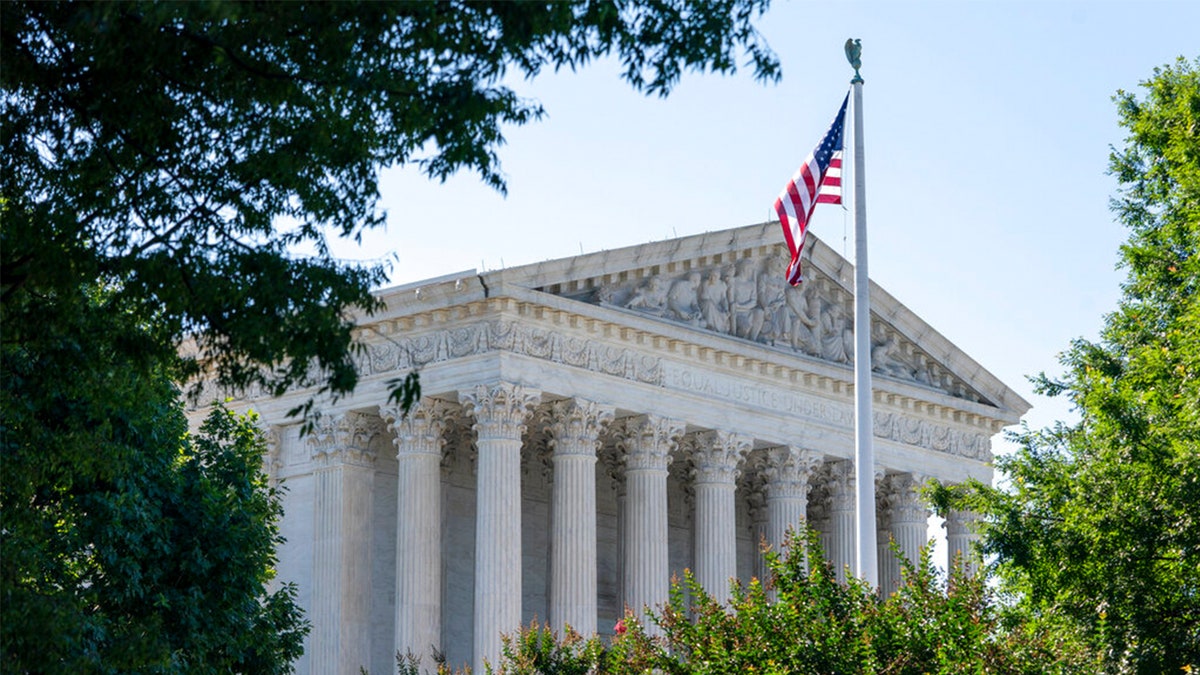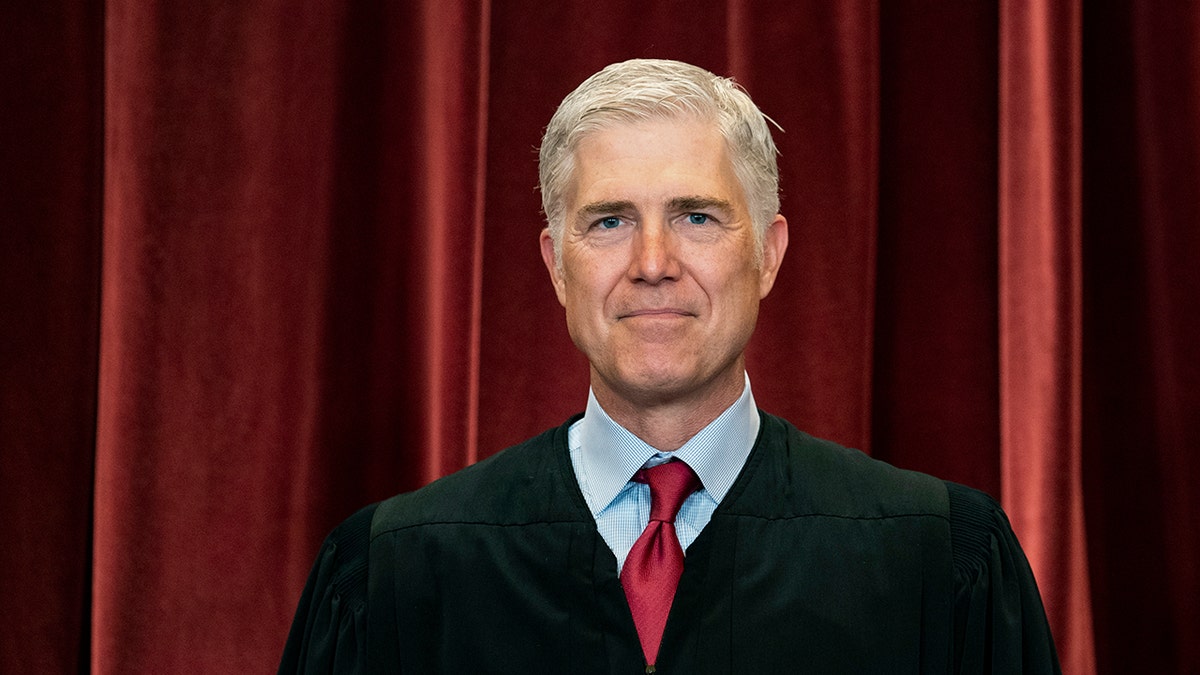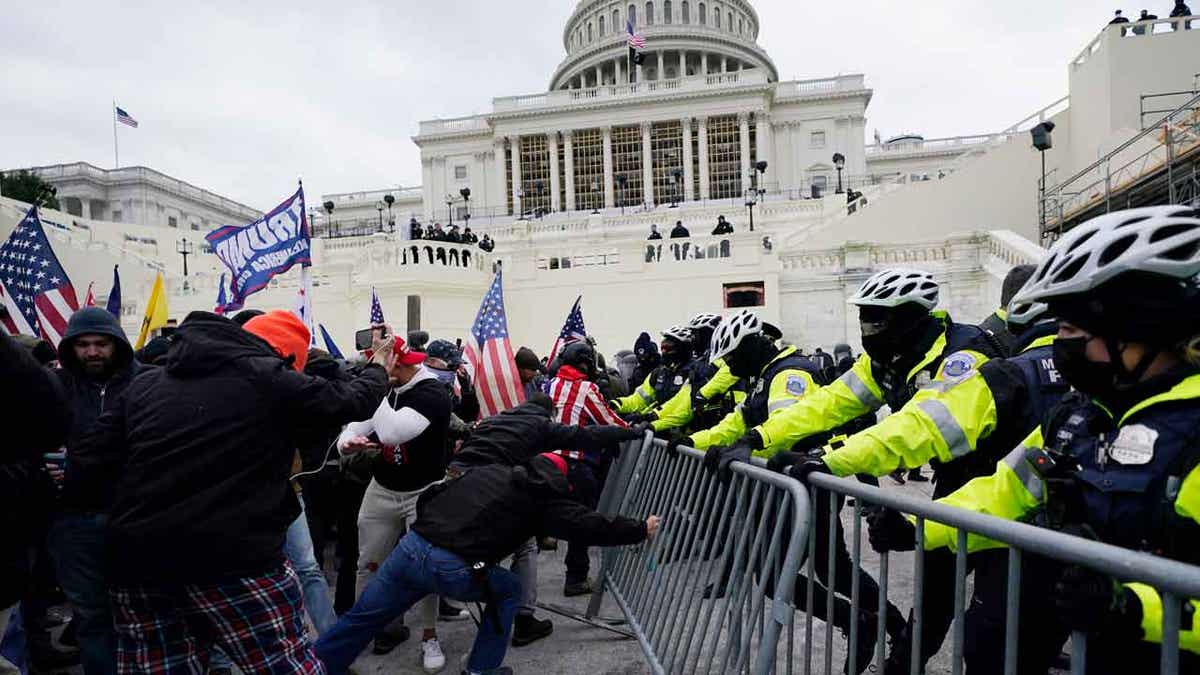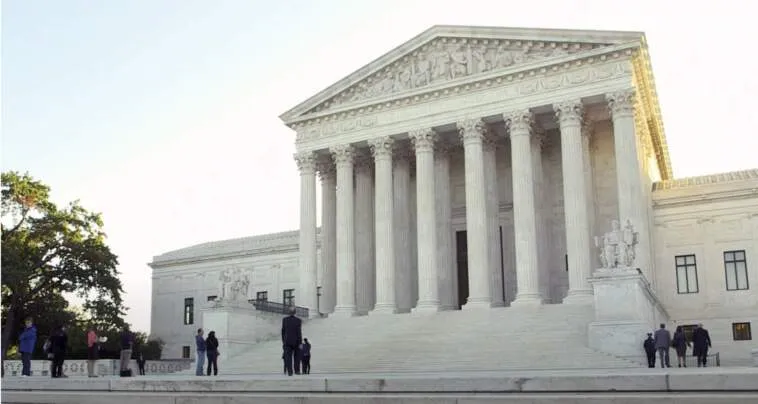(Fox News) Legal experts said the Biden administration was “on the ropes” in Tuesday’s oral arguments at the Supreme Court in a case questioning whether a Jan. 6 rioter can be charged with a federal “obstruction” crime, which carries implications for former President Trump.
On Tuesday, Jeffrey Green, lawyer for Joseph Fischer – who is one of more than 300 people charged by the Justice Department with “obstruction of an official proceeding” in the Jan. 6, 2021, riot at the Capitol – argued that the federal statute shouldn’t apply and that it had only ever been applied to evidence-tampering cases.
The Justice Department argued that Fischer’s actions were a “deliberate attempt” to stop a joint session of Congress directly from certifying the 2020 election, thus qualifying their use of the statute that criminalizes behavior that “otherwise obstructs, influences, or impedes any official proceeding, or attempts to do” and carries a penalty of up to 20 years in prison.
But legal experts told Fox News Digital that the government’s argument started to “fall apart” after questioning from the justices.

Legal experts said the Biden administration was “on the ropes” in Tuesday’s oral arguments at the Supreme Court. (AP Photo/Jacquelyn Martin/File)
Jonathan Turley, a practicing criminal defense attorney and professor at George Washington University, praised Solicitor General Elizabeth Prelogar as one of “the best appellate litigators” but said she appeared “clearly on the ropes” and “made some uncharacteristic concessions” on Tuesday.
At one point, Justice Neil Gorsuch questioned whether, under the government’s argument, heckling at the State of the Union address or the recent incident of Rep. Jaamal Bowman, D-N.Y., pulling a fire alarm and diverting a House vote would constitute “obstruction.”
“There are multiple elements of the [statute] that I think might not be satisfied by those hypotheticals,” Prelogar replied, adding that obstruction requires “meaningful interference” and “corrupt intent.”

Supreme Court Justice Neil Gorsuch (Erin Schaff/New York Times via AP/Pool/File)
“Gorsuch laid bare the problems for the government’s argument,” Turley said. “This is where the government’s arguments seem to fall apart in that.”
“When pressed … Prelogar started to introduce contextual standards and said that these would just not be strong cases. And that was not the way to go, in my opinion.”
Carrie Severino, former clerk for Justice Clarence Thomas and president of the Judicial Crisis Network, noted that the government “had a hard time explaining how this wasn’t going to be such a broad, open door that it could allow a lot of behavior that we clearly understand to be protected First Amendment speech – peaceful protests, etc. – to get swept in the way that they’re charging it.”
“There’s not a First Amendment right to trespass or to block things. But I think you do have to worry about … this is an incredibly draconian type of response that could be applied to things that we absolutely wouldn’t believe should be subjected to a 20-year prison sentence,” she said.
Former Arizona Attorney General Mark Brnovich told Fox News Digital that the government “shouldn’t be trying out untested or ‘novel’ theories in high-profile cases.”







